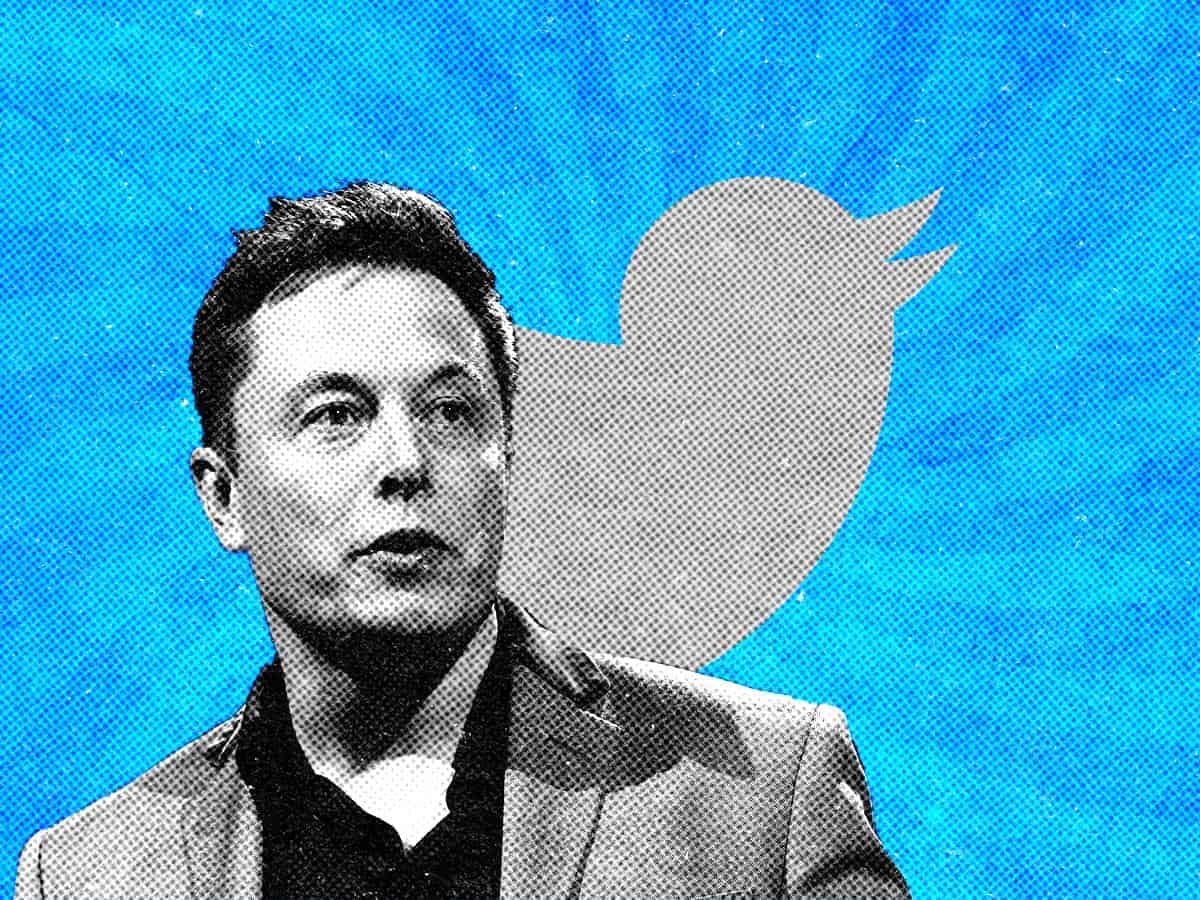
Twitter has been in the news since Elon Musk, the CEO of Tesla and SpaceX, took over the company. His tweets regarding making Twitter a safe space for free speech have gained mixed responses worldwide. Irrespective of the dichotomous reactions to the new Twitter, daily life observation concludes that free internet-based communication has problems. Currently, no strict internet regulations control impersonation, hate speech, and misinformation.
China is an exception here. Among the countries that follow liberal democracy, there are no strict regulations on data or AI systems that use publicly generated data and, in turn, influence the public using derived information. In such a scenario, confirmation bias looms over societies and deepens societal differences. It is in this situation that the rules of internet usage become important.
This article provides a view that Twitter is a technological space that society makes use of. In other words, the technological impact depends on what we make of it. The table below briefs about the rules of Twitter which are similar to the old rules with some additions.
Rule Header | What is it About? |
| Safety | Do not promote or display violence, terrorism, child sexual exploitation, and targeted harassment to name a few. |
| Privacy | You may not post or share intimate photos or videos of someone that were produced or distributed without their consent. |
| Authenticity | Twitter cannot be used for spamming, influencing elections, impersonation, fake identities. |
Verified Account | 8$/ month |
Enforcement and Appeals | Enforcement of the policies and actions on supposed violators will be taken after careful research on the account and the content. |
| Third-Party Advertisement | Without our prior consent, you may not submit, post, or display any video content on or through our services, including third-party advertising, such as pre-roll video ads or sponsorship graphics. |
In light of current public debates on data protection and internet regulation, it becomes crucial to understand that Twitter is a mere tool used by society. All the societal and social impacts Twitter brings are a result of its usage, but not from the existence of technology. Technology is value-neutral. That means Twitter is impartial to the beliefs and cultures of societies. It is a platform that enables the public to share and consume information. It does not restrict anyone unless a state drafts specific internet rules and regulations. Not just Twitter, the entire internet is a mere tool. There are well-known instances where internet-based platforms are used to bring liberty and also to curb it.
Internet-based social media accelerated public protests in Egypt in 2011, leading to ousting of three-decade president Hosni Mubarak in Egypt. This massive political event is not a result of the existence of social media but the way the public has used social media. There are numerous instances where the Indian government has shut the internet down as it was being used to circulate misinformation in conflict zones. In all these cases, the social events surrounding the internet are a result of human usage of the internet. These platforms’ adverse impacts result from individuals’ already existing behavioural attributes. The internet by itself has no role in riots or curbing free speech.
In no part of the world is the internet left free. It is controlled by either the government or private companies.
As already mentioned in the initial paragraph, the unregulated internet poses the dangers of cognitive bias. It means that internet strengthens the opinions by providing supportive content. Such cognitive bias will encourage people to strengthen their biased attitudes and deepens the existing social and religious divides in India. Musk’s new Twitter rules can be a method to regulate and contain confirmation bias and other internet relations adverse social impacts.
Earlier, Twitter allowed its users to register using any name and tweet their voices to the global public. The free usage of the Twitter platform resulted in impersonation and the emergence of tweet bots. These tweet bots are algorithms that tweet or re-tweets certain content as that brings more traction. To make the space more authentic, Twitter started providing blue tick marks beside the profiles of celebrities. However, the blue tick mark has become easy to obtain. Mandating all Twitter users to register with authentic names would solve the problem of impersonation and chatbots. Moreover, when account holders with bluetick mark are asked to pay a monthly subscription fee, they would be more careful in their online communication. Paying for the blue tick mark makes the account holders responsible as they spend from their pocket to communicate. As most of the blue tick mark accounts are used by influencers, paying $ 8 per month is a small amount. It would pave the way for the maintenance of verified accounts.
All these attempts to construct a new online communication space are probably a result of the ongoing incidents of misinformation and unaccountability. The platforms are being re-constructed because of the social impacts the users are creating. These restrictions would bring what political science scholarship calls positive liberty. It is a restrictive freedom where individuals can communicate their thoughts with certain restrictions. Positive liberty is not a new phenomenon. It has been present in human societies for centuries. In all modern nation-states, the constitution restricts ultimate free speech.
Returning to the argument, Twitter is a mere tool used by the public. It has no inherent value or consciousness. Since all the elements of society can use Twitter, having sufficient regulation becomes necessary. The new rules might be a solution to restrict misinformation, hate speech and other content that creates social unrest. Twitter and all other social media platforms are just tools, but social usage of them results in social actions.



